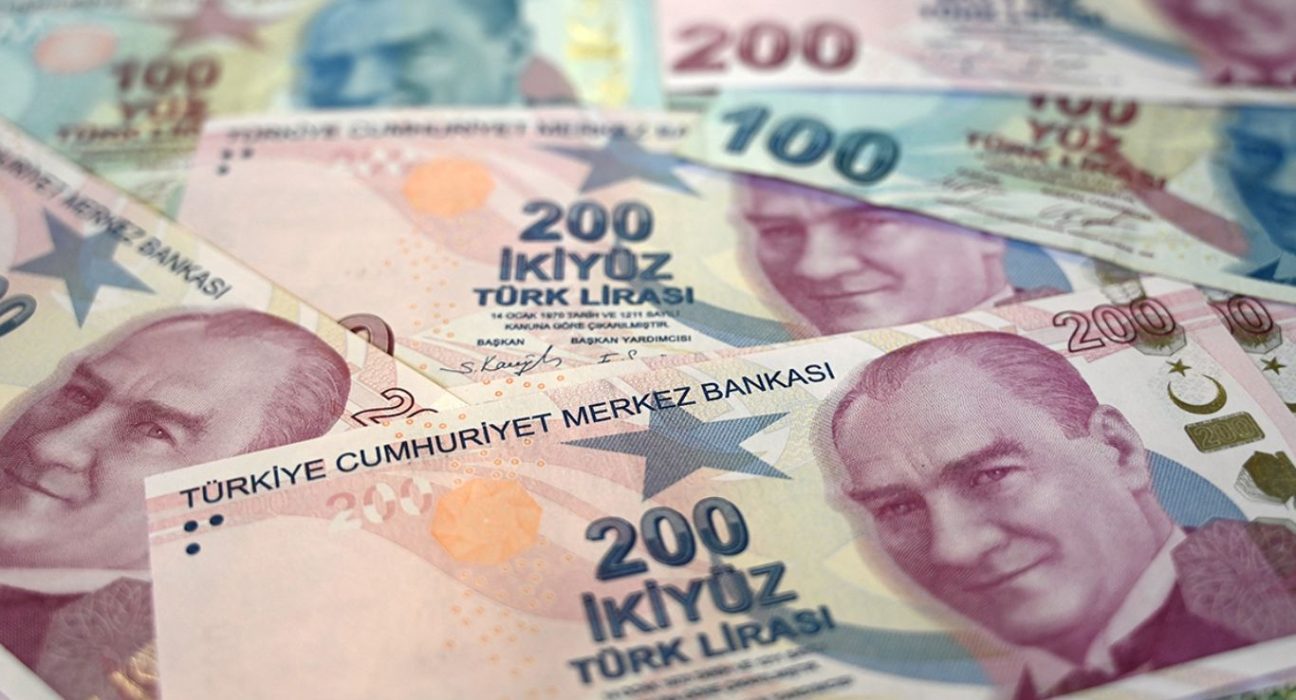Introduction
In the aftermath of the Turkish central bank’s substantial 650 basis points rate hike, the Turkish Lira experienced a significant jump against the US Dollar. Economists at Commerzbank have analyzed the outlook for the Lira and stressed the critical role of repeated commitment by the president to the newly implemented policy regime. This article delves into their analysis, exploring why commitment is considered the crucial variable for stabilizing the Lira, even more so than the magnitude of the rate hike itself. Additionally, it examines the potential consequences of the Lira’s depreciation and the concerns it raises regarding the president’s perspective on interest rate hikes.
The Importance of Commitment to the Policy Regime
According to economists at Commerzbank, the Turkish Lira’s stability hinges on the repeated commitment of the president to the new policy regime. They argue that no matter how significant the rate hike may be, it alone cannot guarantee the Lira’s stabilization. The president’s unwavering dedication to the policy regime until it demonstrates its effectiveness is paramount.
The Lira’s recent depreciation exacerbates the need for a strong commitment from the president. The fear is that the depreciation might lead the president to view interest rate hikes as a failed approach, potentially undermining the progress made through the rate hike. Maintaining a steadfast approach is crucial to prevent the president from dismissing rate hikes as ineffective and risking further destabilization of the Lira.
Analyzing the Implications of Depreciation
Yesterday’s depreciation of the Turkish Lira might have unintended consequences. While it is essential to view the Lira’s jump against the US Dollar as a positive development, there is concern that it could inadvertently reinforce the president’s inclination to label interest rate hikes as a proven failure. This perception poses a significant risk to the effectiveness of the new policy regime.
The Role of Commitment in Stabilizing the Lira
To understand why commitment is more critical than the magnitude of the rate hike, it is necessary to grasp the intricacies of the Turkish economic landscape. In recent years, the Lira has experienced significant volatility, which eroded investor confidence and led to inflationary pressures. To counter these challenges, the central bank opted for a sizable rate hike.
However, Commerzbank economists argue that the magnitude of the rate hike alone cannot guarantee the Lira’s stabilization. This is primarily due to the need for a consistent and predictable policy regime. Investors and market participants require assurance that the central bank’s decision to increase interest rates is part of a broader commitment to maintaining stability and fighting inflation.
The Risks of Dismissing Rate Hikes
Given the recent depreciation of the Lira, there is a legitimate concern that the president may be inclined to label rate hikes as ineffective. Such a perspective could be fueled by the belief that the depreciation occurred despite the rate hike, leading to the erroneous conclusion that rate hikes are futile.
However, economists caution against succumbing to this perception. They emphasize that the impact of rate hikes takes time to materialize fully. Quick-fix solutions are unlikely to provide the desired stability. Instead, repeated commitment and a long-term perspective are necessary to give the rate hike sufficient opportunity to succeed.
Avoiding Disaster: The Need for Consistency
The potential dismissal of rate hikes as ineffective presents a challenging scenario for the Turkish Lira. It could not only undermine the progress made but also risk destabilizing the currency further. To avoid such a disaster, it is imperative for the president to maintain consistency in his support for the new policy regime.
Economists at Commerzbank argue that consistency will be the key to achieving stability and restoring investor confidence in the Turkish economy. By reiterating his commitment to the new policy regime, the president can signal to the markets that rate hikes are part of a comprehensive strategy and that short-term fluctuations should not overshadow the long-term goals.
Conclusion
The recent 650 basis points rate hike by the Turkish central bank sparked a jump in the USD/TRY exchange rate. As economists at Commerzbank analyze the outlook for the Turkish Lira, they emphasize the importance of commitment to the new policy regime as the primary driver of stability. The magnitude of the rate hike, while significant, cannot guarantee long-term success without consistent and repeated commitment from the president. The recent depreciation of the Lira raises concerns about the potential dismissal of rate hikes as ineffective, which could undermine the progress made. By staying committed and avoiding hasty conclusions, the president can foster stability, restore investor confidence, and pave the way for a stronger Turkish economy in the future.










